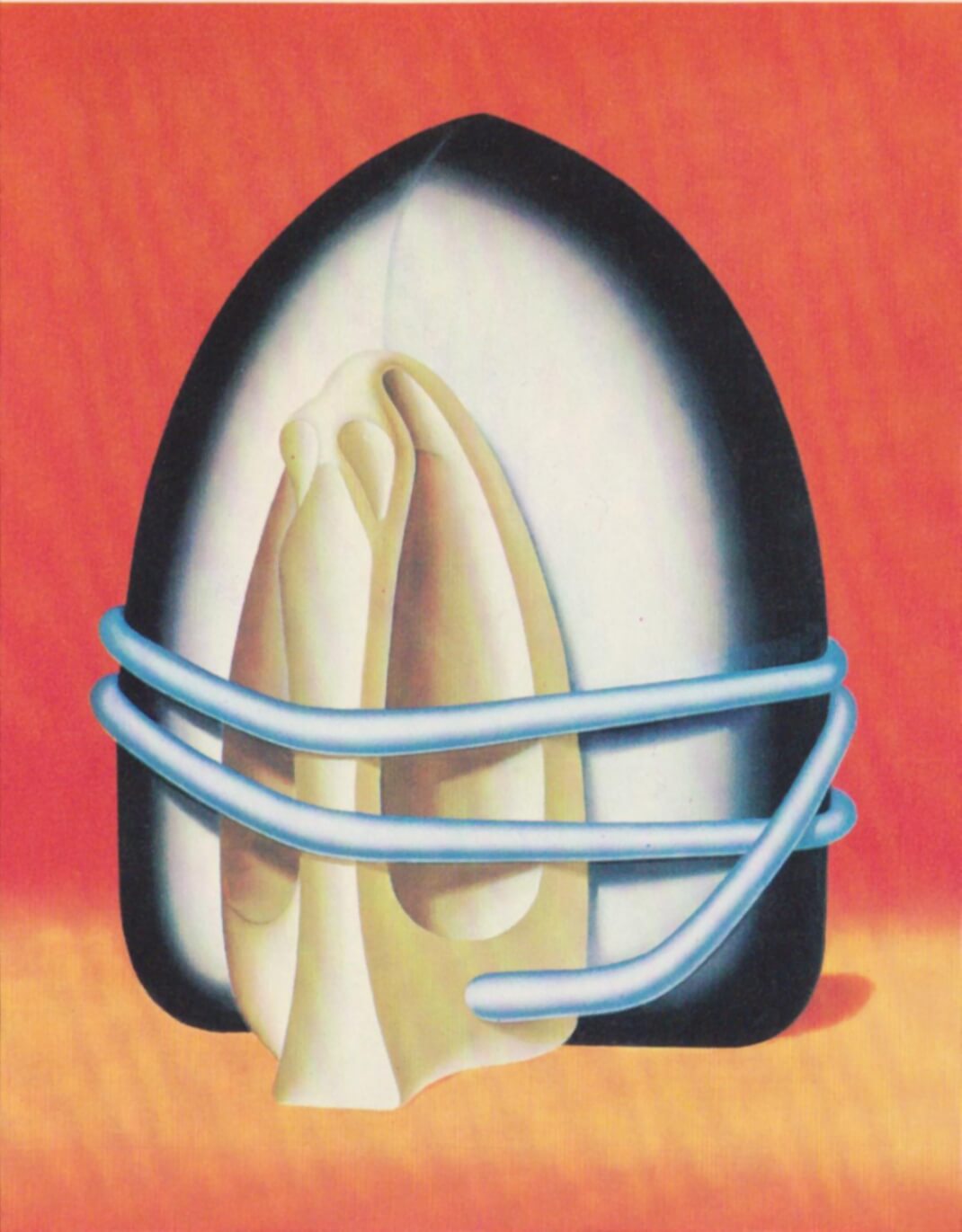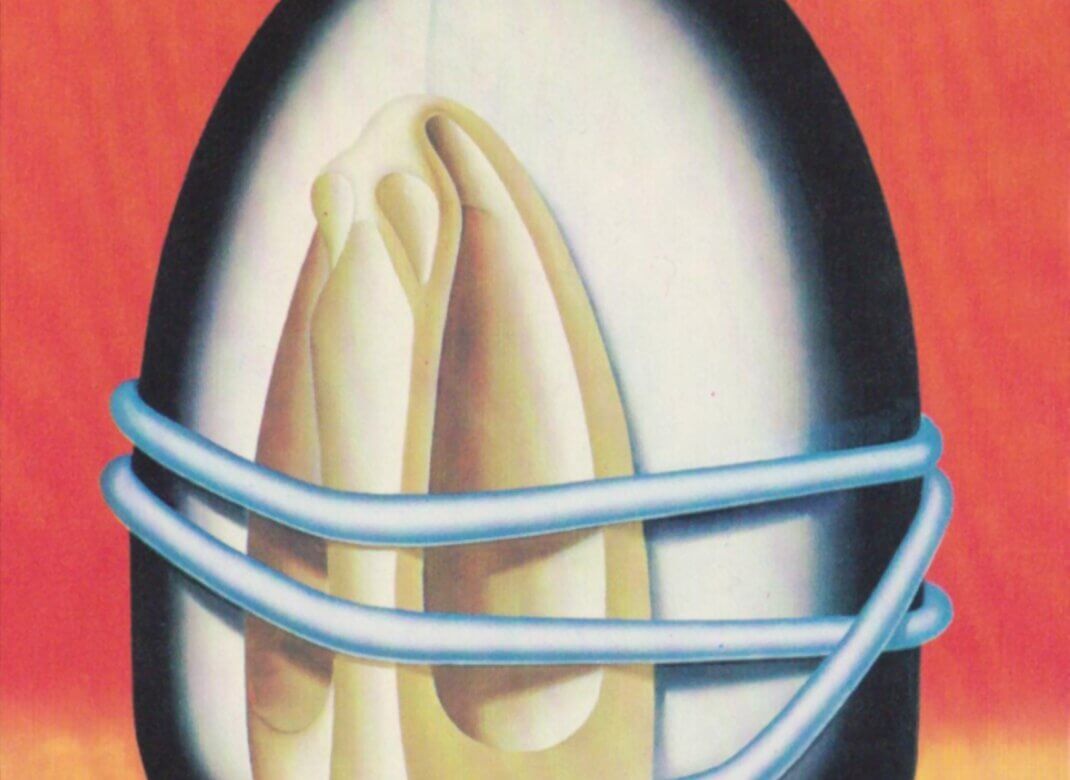Musings on the Pope’s Motu Proprio on Women’s Role
By Robert Mickens, Vatican City (Excerpted from the January 16, 2021 International.La-Croix.com)
Volume 35 Issue 1, 2 & 3 | Posted: April 4, 2021

“Holy Mother Church, ever deepening her contemplation and understanding of the mysteries of human salvation over the long course of history, has always taught in various, though sometimes veiled ways, that the Blessed Virgin Mary, Holy Mother of God, was the first human being, through the power of the Holy Spirit, to make her Son and our Savior, the Lord Jesus Christ, really and truly present to those who would become His disciples, during His earthly life and throughout all ages until the end of time.”
One day, in maybe 50 or 100 years from now, those words, or others similar to them, but probably even lengthier, will be the preamble to the papal encyclical or conciliar document that will finally open the ordained priesthood to women.
Then there will be paragraphs about Mary of Magdala, who was the first to proclaim the real presence of the Risen Christ to the “other” apostles…Seriously. Women’s ordination is going to happen eventually, because the Church has not been able to come up with a single convincing argument to justify its continued perpetuation of institutional and institutionalized misogyny, except to say: “we’ve always done it this way”.
But when the Church finally rids itself of a sufficient number of clerics and clericalists who are defending the Church’s relegation of women to second-class citizenship, there will be a pope or ecumenical council – probably with number of married bishops – who will have the courage and holy will to finally approve a female priesthood. Church teaching never changes. But they will never, ever admit that they are changing the Church’s perennial teaching. And they will never confess that the former teaching was wrong.
No. Like Pope Francis writes in his recent motu proprio to juridically recognize what at least two or three generations of Catholics have witnessed for decades – namely, that women are readers at Mass (lectors) and girls are altar servers (acolytes) –, the document allowing for women priests will talk about “the needs of the times” and “doctrinal development” and “a consolidated practice”… Some will object and say this is impossible, even preposterous. They will point out, correctly, that John Paul II “closed the door” on women’s ordination, as Francis has acknowledged on numerous occasions. But the clever Jesuit pope knows full well that closed doors can always be opened. Taking the door off the hinges.
And with the new motu proprio and the accompanying letter that he sent to Cardinal Luis Ladaria, prefect of the Congregation for the Doctrine of the Faith, the pope has not just opened a door (in this case to formally institute women lectors and acolytes). He’s begun taking it off the hinges so it can never be closed again.
“Offering lay persons of both sexes the possibility of accessing the ministries of the Acolyte and the Lector (sic.), by virtue of their participation in the baptismal priesthood, will increase the recognition, also through a liturgical act (institution), of the valuable contribution that a great number of lay persons, including women, have offered to the life and mission of the Church for a very long time,” the pope notes in his letter to the CDF prefect.
These lines come shortly after Francis trots out the classic two-tier system of Church ministry and uses some clever wordsmithing to justify why the top tier still excludes women: A clearer distinction between the attributions of what are today called “non-ordained (or lay) ministries” and “ordained ministries” makes it possible to dissolve the reservation of the former to men alone.
If, with regard to ordained ministries, the Church “does not consider herself authorized to admit women to priestly ordination” (cf. Saint John Paul II, Apostolic Letter Ordinatio sacerdotalis, 22 May 1994), for non-ordained ministries it is possible, and today it seems opportune, to overcome this reservation.
This reservation made sense in a particular context, but it can be reconsidered in new contexts, always having as its criterion fidelity to Christ’s mandate and the desire to live and proclaim the Gospel transmitted by the Apostles and entrusted to the Church so that it may be listened to in a religious manner, kept in a holy manner and faithfully proclaimed.
The problem here is that Baptism is the prime sacrament and the only one necessary for one to be instituted in a particular ministry – whether that be conferred “through a liturgical act (institution)” or ordination. “There is neither male nor female”. There is no theological rationale or divine command to allow women access to some ministries, but then deny them access to others.
These are man-made dispositions, especially because Jesus never conferred a “priesthood” as we know it today on anyone. The only “criterion” that allowed the Church to lift the “reservation” to men alone in these other ministries, the pope says, was “fidelity to Christ’s mandate and the desire to live and proclaim the Gospel… so that it may be listened to in a religious manner, kept in a holy manner and faithfully proclaimed”.
Either men and women are equal through Baptism or they are not. St. Paul says, “there is neither male nor female” (Gal 3, 28). Through this prime sacrament all are called to holiness. The Church has developed the sacrament of Holy Orders, often in an exaggerated manner, which has led, in effect, to the construction of a two-class system of how one attains holiness, provides ministry or exercises ecclesial authority (oversight).Universal call to holiness vs. higher states of life.
For many centuries, and even in our own day, the priesthood and religious consecration were considered “higher states of life” compared to the “merely baptized”.But the Second Vatican Council formally confirmed the “doctrinal development” of what is called the “universal call to holiness” based solely on being baptized in Christ.
Yet, the two classes distinction of Church ministry remains. And women remain the only baptized members who are excluded from the First-Class status of the ordained. It seems kind of silly to make a big deal about the legal change that Pope Francis has decreed regarding formal recognition of women performing ministries that they have been doing for decades.
The Catholic Church will eventually ordain women – to the diaconate and to the priesthood – because it is the right and holy thing to do. And also, because a Church that excludes from one-half or more of its members from fully responding to God’s call to ministry, is a crippled Church. But don’t despair. There is the Holy Spirit. And she won’t let that happen.
Robert Mickens is a veteran Vatican observer.
By Robert Mickens, Vatican City (Excerpted from the January 16, 2021 International.La-Croix.com)

